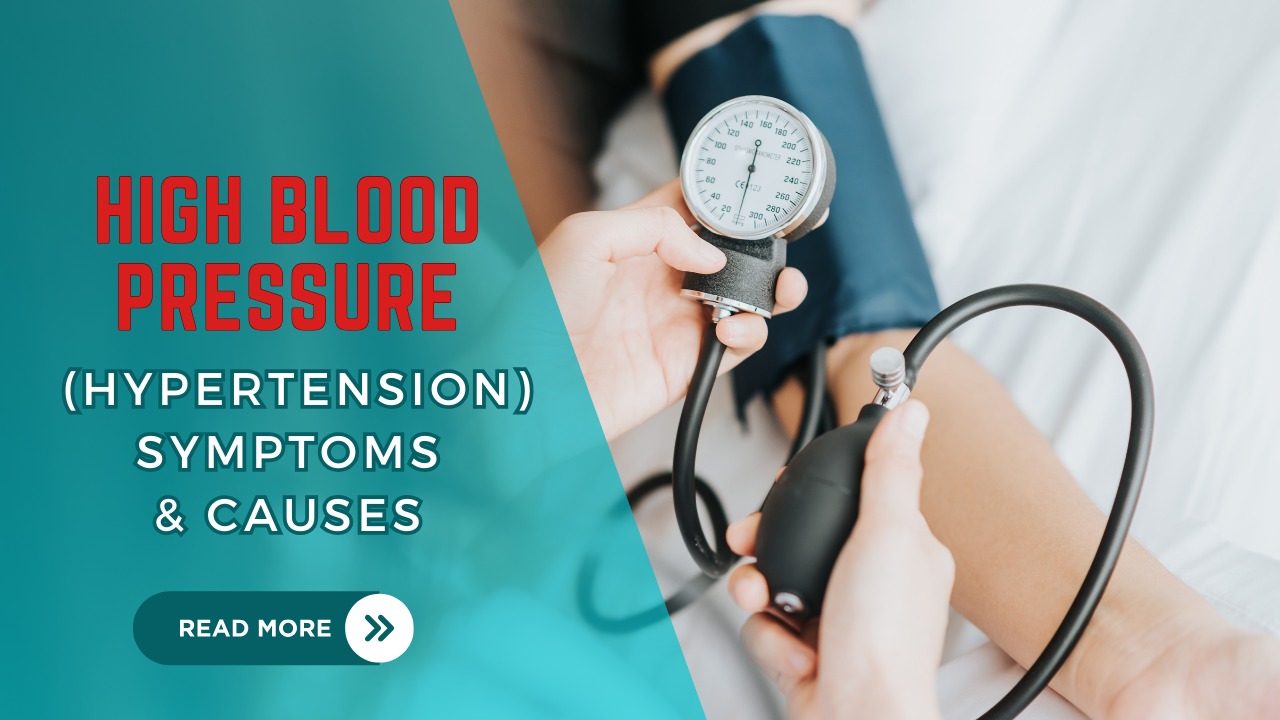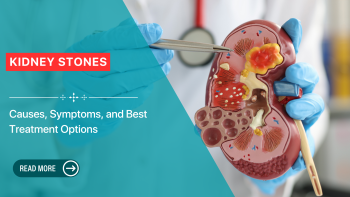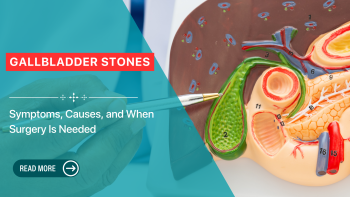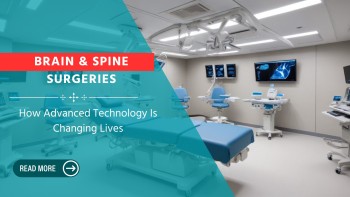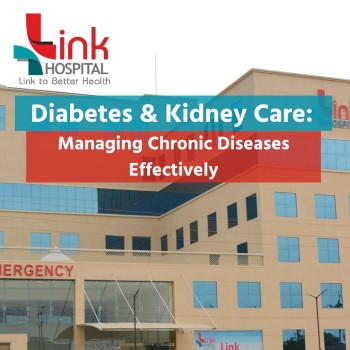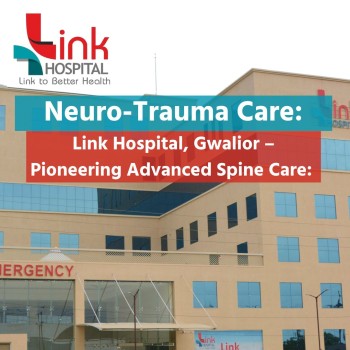Hypertension can
persist silently asymptomatic, rendering individuals unaware of their condition
until complications ensue. Multiple risk factors predispose individuals to
hypertension, necessitating lifestyle modifications and pharmacological
interventions for effective management.
High Blood Pressure Overview:
HBP, characterized by persistent pressure exerted on
arterial walls, detrimentally impacts cardiovascular health, leading to
complications such as myocardial infarctions and strokes. Its asymptomatic
nature underscores the importance of routine blood pressure monitoring to
facilitate early detection and intervention.
Blood Pressure Classification:
Blood pressure is conventionally measured in
millimetres of mercury (mmHg) and is classified based on systolic and diastolic
readings. Hypertension is diagnosed when systolic pressure surpasses 140 mmHg
and/or diastolic pressure exceeds 90 mmHg. Stages of hypertension include:
Symptoms of Hypertension:
HBP often remains asymptomatic, earning the moniker
"silent killer." Hypertension may manifest symptoms such as
headaches, nosebleeds, dyspnea, and palpitations.
Types of High Blood Pressure:
HBP is categorized into primary and secondary forms.
Primary hypertension, the most prevalent variant, develops gradually without
identifiable causes, often attributed to lifestyle factors. Secondary
hypertension results from underlying health conditions or medications,
manifesting acutely and often coexisting with primary hypertension. Additional
types include:
● White
Coat Hypertension
●
Masked Hypertension
●
Sustained Hypertension
● Nocturnal
Hypertension
●
Hypertension emergency & hypertension urgency.
Causes of High Blood
Pressure:
Primary hypertension arises from multifactorial
origins, encompassing dietary choices, alcohol consumption, physical
inactivity, and genetic predispositions. Secondary hypertension stems from
various conditions such as thyroid disorders, renal diseases, adrenal
abnormalities, and obstructive sleep apnea, among others.
Risk Factors:
Numerous risk factors contribute to HBP development,
including advancing age, obesity, familial predispositions, sodium-rich diets,
low potassium levels, sedentary lifestyles, tobacco use, excessive alcohol
consumption, stress, pregnancy, and chronic illnesses like metabolic syndrome
and sleep apnea.
Complications:
Uncontrolled hypertension elicits vascular and organ
damage, culminating in adverse outcomes such as heart attacks, heart failure,
aneurysms, peripheral artery disease, renal impairment, visual disturbances,
cognitive decline, pregnancy complications, metabolic derangements, and
heightened mortality risks.
Diagnosis and Treatment:
Accurate blood pressure measurement via B.P.
Instrument (sphygmomanometry) enables diagnostic classification and treatment
planning. Lifestyle modifications encompassing dietary sodium restriction,
weight management, physical activity promotion, smoking cessation, and alcohol
moderation serve as initial interventions. Pharmacotherapy options including
diuretics, ACE inhibitors, beta-blockers, and calcium channel blockers may be
prescribed based on individualized assessment and professional guidance.
Prevention:
Preventive
strategies targeting HBP risk reduction entail adopting a balanced diet rich in
fruits, vegetables, and whole grains, limiting sodium intake, maintaining a
healthy weight, abstaining from tobacco and excessive alcohol use, and engaging
in regular physical activity.
Link
Hospital, a premier healthcare institution, is equipped with cutting-edge
technologies and a dedicated team of medical experts committed to delivering
comprehensive care across diverse medical domains. With a focus on
patient-centric approaches and clinical excellence, Link Hospital ensures
optimal outcomes and patient satisfaction through tailored treatment plans and
advanced therapeutic interventions.
Conclusion:
In conclusion, understanding
the intricacies of high blood pressure, from its subtle symptoms to its
multifactorial causes, is pivotal in safeguarding cardiovascular health. At
Link Hospital, we emphasize the significance of early detection, comprehensive
evaluation, and tailored management strategies for hypertension.
By
promoting awareness about hypertension and its associated risks, we empower
individuals to take proactive steps towards heart health. Link Hospital's
Advanced facilities, experienced medical professionals, and patient-centric
approach ensure that each individual receives personalized care and support
throughout their journey to optimal blood pressure control.
Don't wait for symptoms to manifest – take charge of your cardiovascular well-being today. Visit Link Hospital to access exceptional healthcare services and embark on a path towards a healthier, heart-smart lifestyle. Your heart deserves the Best Doctor in Gwalior, and Link Hospital is here to guide you every step of the way.
